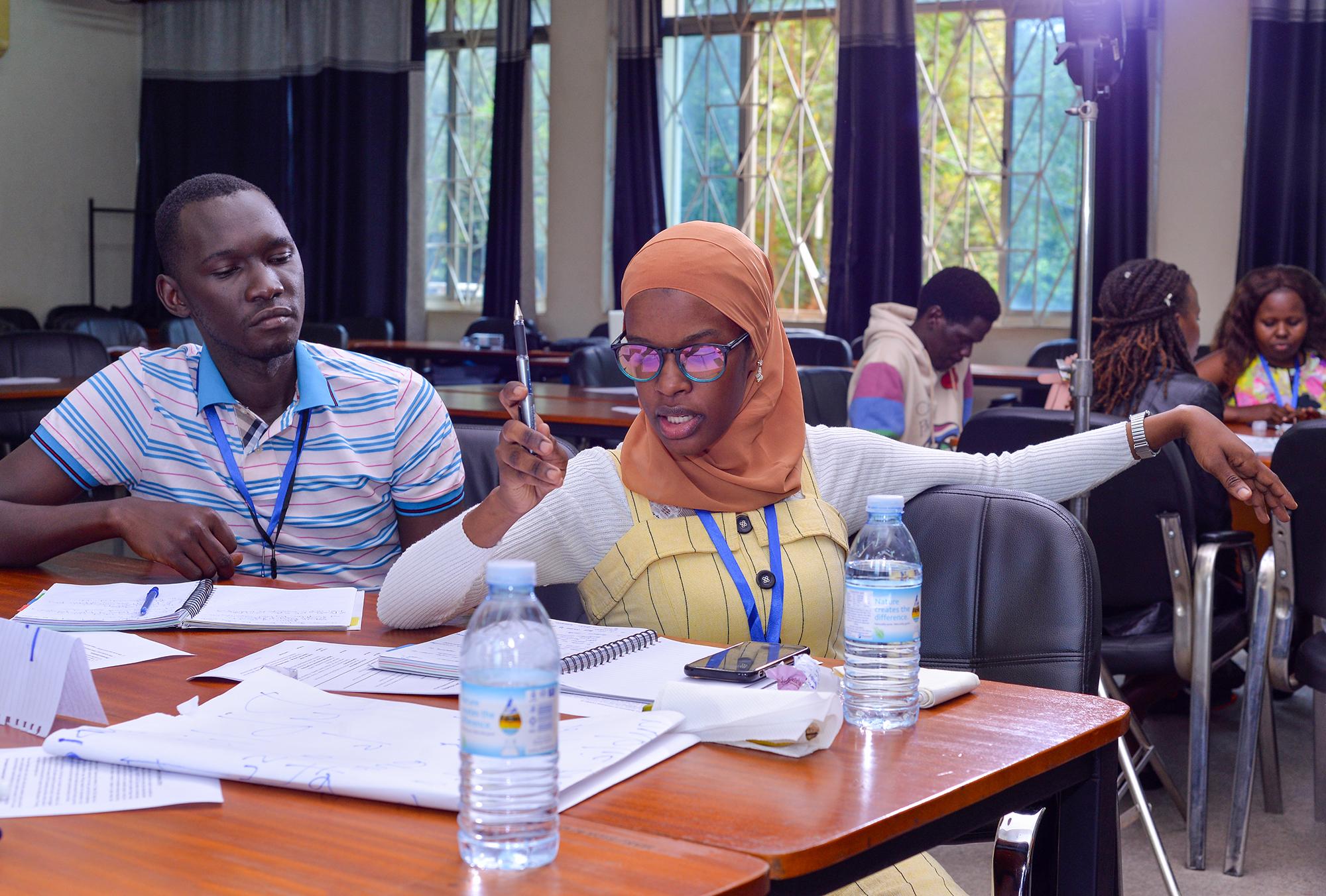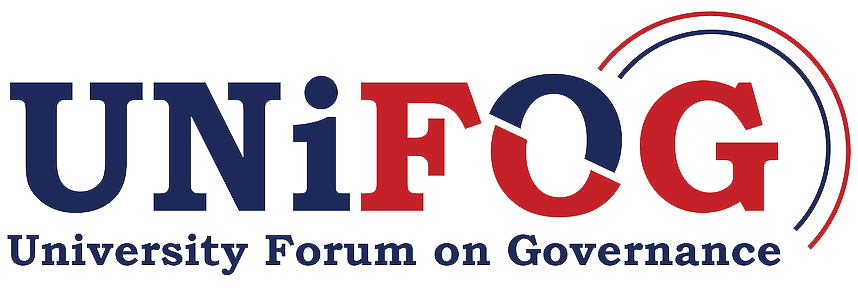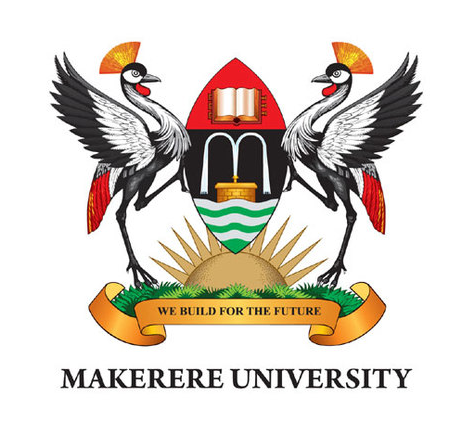History of LAP
Empowering Youthful Elected Leaders in Uganda through Modular Training and Mentorship
In 2021, UNIFOG in partnership with KAS implemented the first leadership fellowship under the label of POLA – Lab Fellowship for youthful elected leaders from the different parts of the country. The fellowship attracted leaders from different political offices such as Member of Parliament, Local Council V Chairperson and Councillors, Municipal Mayors and Local Council III chairperson. Amidst the COVID 19 Pandemic youthful leaders were able occasionally meet to learn, share experiences and explored leadership and development initiatives in the different parts of the country. The modular leadership training covered a set of critical leadership and developmental topics which were tailed to the governance and development needs in Uganda. The topics included; Institutions and institutional reforms in Uganda, Contemporary Leadership and Sustainable Development, Public policy and advocacy, Civil societies and Civic Space in Uganda, International Relations and Geopolitics, Best practices on Digital Communication and Data Governance.
The UNIFOG and KAS are now set for the second cohort that will run through 2022. The fellowship targets youthful leaders within institutions of higher learning from the different universities around Kampala. A total of 30 student leaders will undergo this rigorous training that will run for one year. This year, the fellowship will also include mentorship talks by senior politician, government technocrats, and private entrepreneurs. Also, the fellows will select and study a development challenge their communities and progressives come up with a policy proposal address the identified challenge.
Overall Objectives
The fellowship is aimed at enhancing the leadership capacities of young and emerging student leaders at institutions of higher learning through carefully guided learning, sharing, and developing leadership capabilities. The fellows will develop leadership potentials that will prepare them for more demanding leadership responsibilities in their communities.

Specifically, the fellowship will.
Our Partners
Meet Our Partners



Leadership & Success
Leadership training fellowship seeks to build leaders capable of transforming societies, they ought to understand the institutional barriers and opportunities to develop that exist in their communities. The historical background to political institutional change in Uganda and, specifically, the opportunities for and challenges to building inclusive institutions that guarantee resilient socio-economic and political development is of great importance to young leaders.
It is argued that successful countries are the ones that have been able to develop inclusive institutions that provide incentives for the citizens to participate in social, political, and economic development; where the contrary exists, extractive institutions as well as all economic and political benefits have gone to the ruling elites

